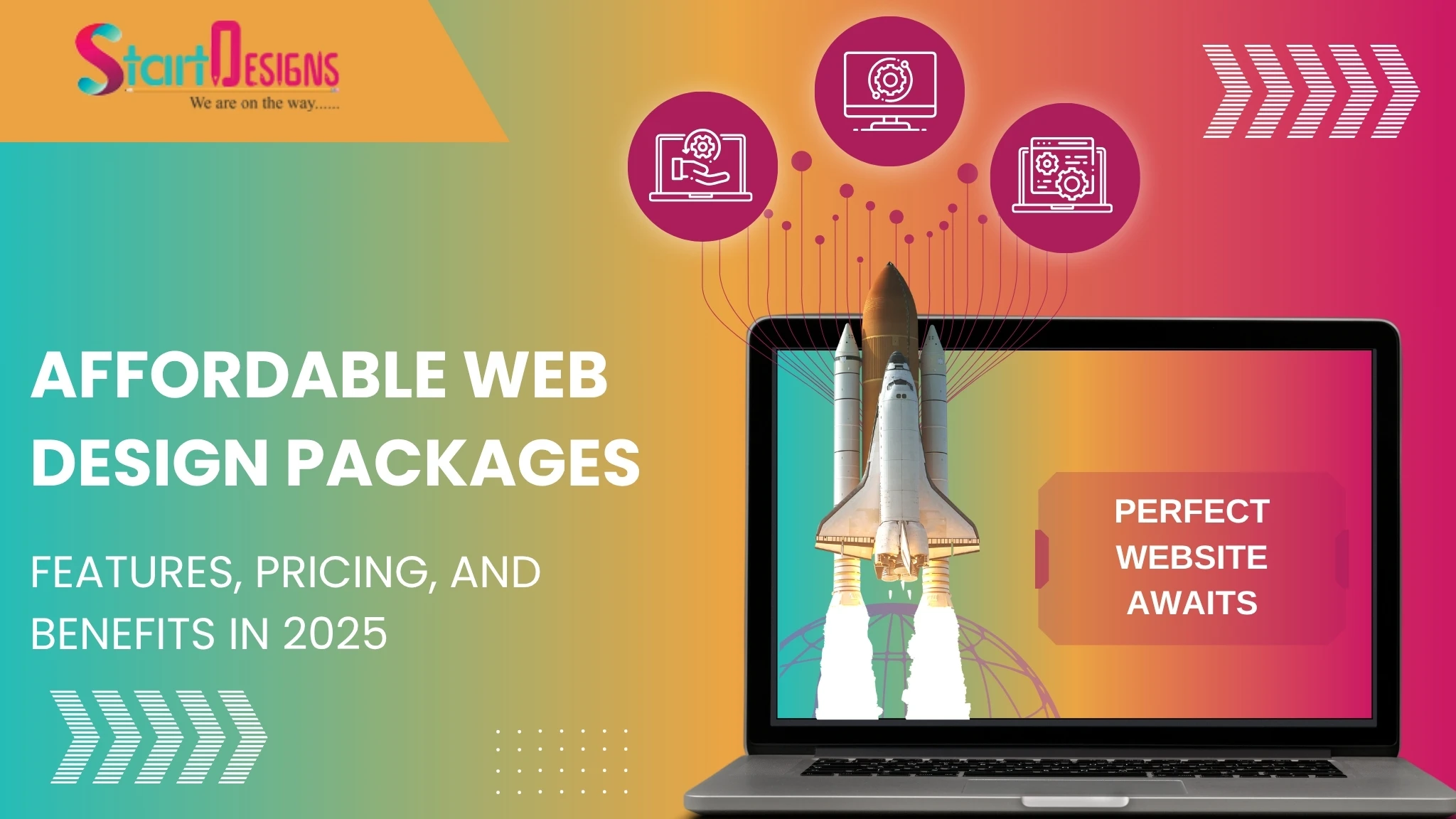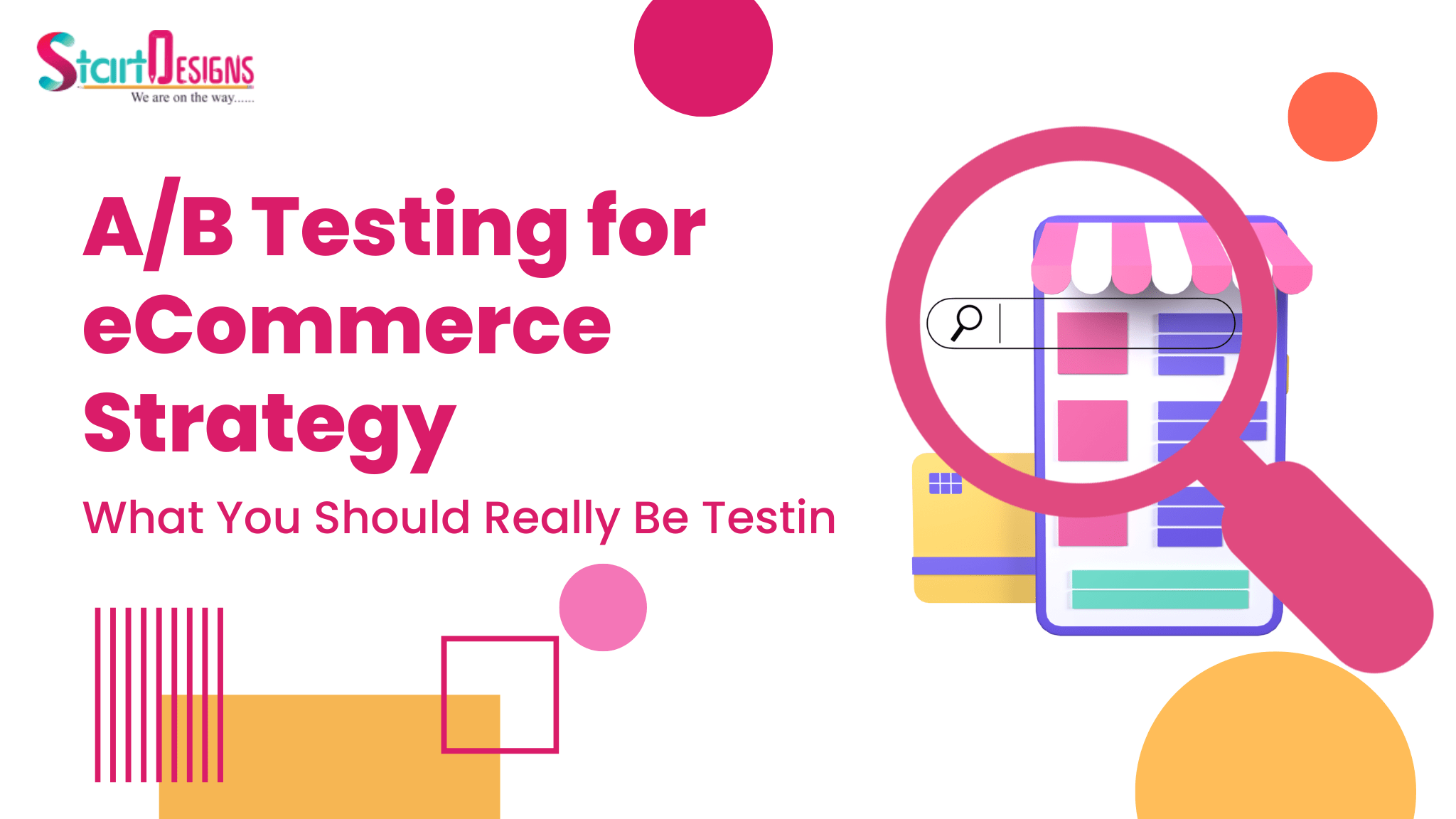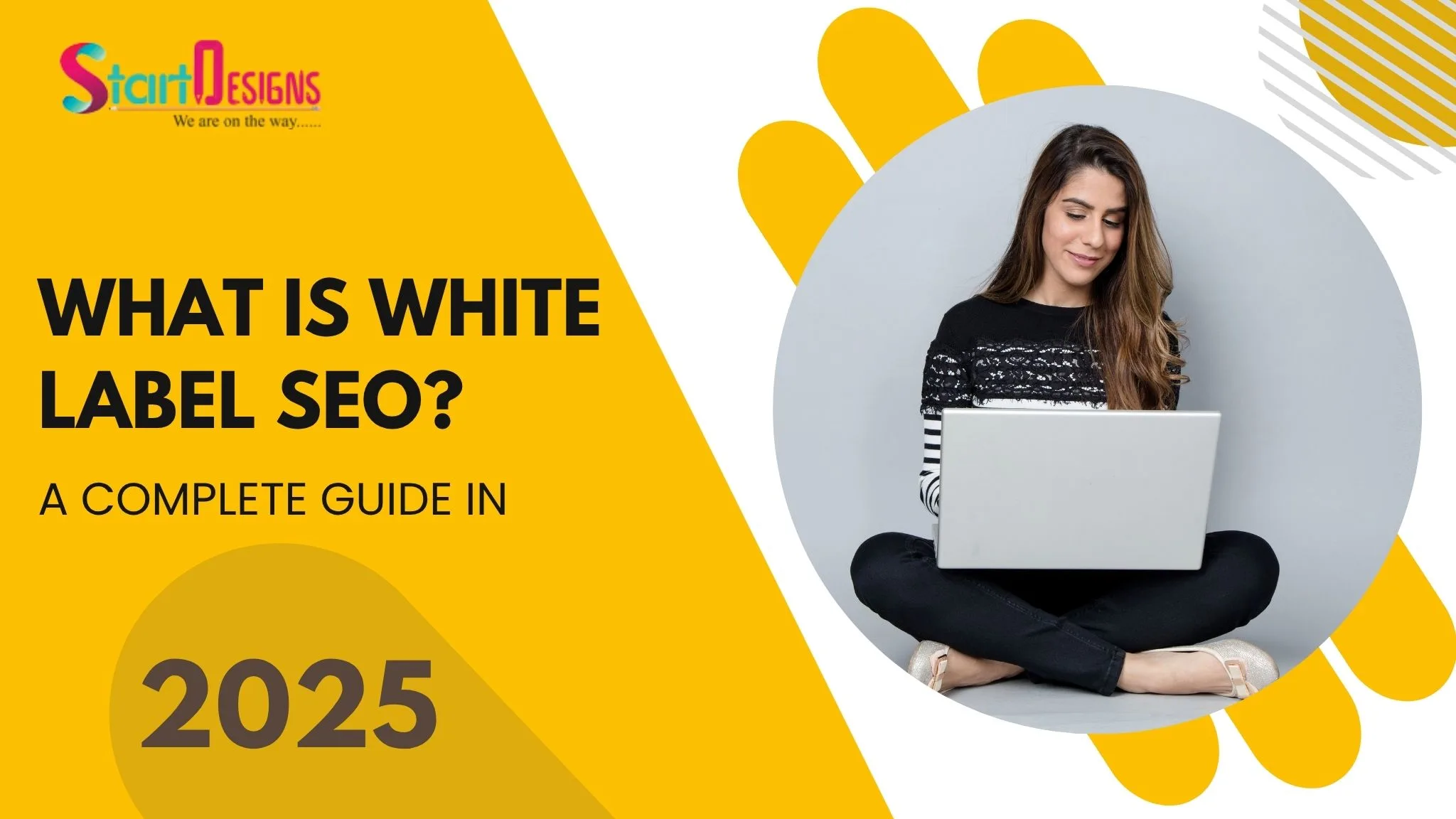Introduction: What Is Webflow?
Webflow is more than a website builder — it’s a visual website design and development platform that gives you complete control over design, content, and functionality without extensive coding. By 2025, Webflow will have become the go-to platform for designers, marketers, freelancers, and businesses who want flexibility, speed, and high performance.
Unlike traditional website builders that rely heavily on templates and limited customization, Webflow offers the power of a front-end developer combined with a drag-and-drop editor. From marketing sites to e-commerce stores, SaaS platforms, and portfolios, Webflow allows users to create fully responsive, visually stunning websites.
Many startups, small businesses, and freelancers prefer Webflow because it reduces development time, improves SEO, and enables creative freedom. This guide will cover Webflow’s features, pricing, comparisons, and tips for mastering it in 2025.
Design services Today!
The Evolution of Webflow
Founded in 2013, Webflow aimed to bridge the gap between designers and developers. Over time, it evolved into a full-featured platform with CMS, e-commerce, SEO tools, and AI-powered webflow design features.
Key milestones:
- 2013–2015: Initial release with drag-and-drop visual editor
- 2016–2018: CMS Collections for dynamic content
- 2019–2021: E-commerce features and advanced animations
- 2022–2024: AI tools, better collaboration, improved SEO, and marketing integrations
- 2025: Full AI-powered design assistance, multi-language support, and workflow management
Webflow now has a thriving ecosystem of over 1 million designers, developers, and marketers.
Core Features of Webflow
Visual Designer
Webflow’s Designer lets you build websites visually while controlling underlying code. Think of Photoshop or Figma combined with front-end development.
- Style elements, create complex layouts, and add animations
- Real-time preview of changes
Example: A marketing agency can design interactive landing pages without touching a single line of code.
Webflow CMS
Webflow CMS allows dynamic, database-driven websites. Each CMS Collection is a template for blog posts, products, or portfolio items.
- Add content once; it appears automatically across all relevant pages.
Example: A SaaS website can have a “Features” CMS Collection; adding a new feature automatically updates the site.
Webflow Editor
Non-technical users can update text, images, and links directly on the live website.
- Reduces dependency on developers
- Speeds up content updates
E-commerce Tools
Webflow supports digital and physical products, payment gateways like Stripe and PayPal, customizable product pages, checkout experiences, and automated email workflows.
Example: Digital course creators can sell courses, automate content delivery, and manage emails — all in Webflow.
Limitation: Large-scale physical stores may find Shopify better, though Webflow can integrate with Shopify for hybrid solutions.
SEO & Performance Features
Webflow generates lean HTML code, includes built-in SEO tools, and hosts websites on fast servers with a global CDN.
Benefits:
- Fast loading pages (Core Web Vitals optimized)
- Control over metadata, schema, and internal linking
- Integration with Google Analytics, Search Console, and Tag Manager
New Features in 2025
- AI-Powered Design Tools: Generate layouts, colors, and animations automatically
- Advanced CMS & Integrations: Connect with Zapier, Slack, or CRMs for automated workflows
- Team Collaboration: Real-time editing, permission management, and workflow tracking
- Analytics & Performance Tracking: Built-in dashboards for SEO, speed, and traffic metrics
AI-Powered Web Design (2025 Trends)
AI is reshaping web design. Webflow now offers AI-assisted layouts, color palettes, and animations, making it easy to build professional websites fast.
Framer focuses on AI-powered interactive prototypes, allowing designers to test flows and animations in real-time.
Benefits:
- Reduced design time
- Increased creativity and flexibility
- Higher conversion rates
Micro-Animations & Interactive UI
Interactive elements dominate modern web design.
- Webflow: Scroll animations, hover effects, dynamic CMS-driven interactions
- Framer: Real-time interactive prototypes with advanced animations
Why it matters: Micro-animations improve engagement, click-through rates, and overall UX, giving your website a modern, polished feel.
Headless CMS & API Integrations
Scalable websites need headless CMS and API integration.
- Webflow integrates with Airtable, Zapier, and CRMs
- Framer supports API-driven content for live demos
Benefits: Personalized content, multi-channel publishing, and seamless updates, keeping websites modern and highly responsive.
Learning Webflow: How Hard Is It?
Webflow is not just a no-code tool; it’s a visual front-end development platform. Basic knowledge of HTML, CSS, and JavaScript unlocks its full potential.
Tips for beginners:
- Start with simple templates
- Explore CMS Collections
- Learn CSS animations for interactivity
- Use Webflow University tutorials
Webflow vs Competitors
| Feature | Webflow | WordPress | Shopify | Framer | Squarespace |
|---|---|---|---|---|---|
| Visual Design | Full control | Limited via page builders | Template-focused | Drag-and-drop | Template-based |
| CMS | Dynamic & flexible | Plugins needed | Limited | Basic | Limited |
| SEO | Lean code + native tools | Plugins required | Basic SEO | Moderate | Basic SEO |
| E-commerce | Digital & physical | Plugins needed | Excellent | Limited | Limited |
| Learning Curve | Medium | Medium | Easy | Easy | Easy |
| Pricing | Mid-High | Low | Mid | Mid | Low |
Summary:
- Webflow: Best for custom websites, marketing sites, and dynamic content
- WordPress: Large-scale blogs
- Shopify: Big e-commerce
- Framer: Interactive, animation-rich prototypes
- Squarespace: Simple, non-business sites
Webflow for SEO & Marketing
Webflow gives full SEO control:
- Metadata, structured data, schema markup
- Dynamic CMS content for targeted keywords
- Internal linking and hierarchy management
- Marketing automation & lead generation
Example: SaaS companies can create dynamically generated landing pages for each service, optimized for search intent.
Pricing Overview
- Website Plans: Free – $49/month (CMS, custom domains)
- E-commerce Plans: $29 – $212/month
- Workplace Plans: $28 – $60/seat
Tip: Webflow’s all-in-one pricing often saves money versus WordPress plugins or Shopify add-ons.
Webflow Templates & Expert Help
- Templates: Free & paid for marketing sites, portfolios, SaaS, e-commerce
- Expert Help: Webflow designers, developers, or marketers for complex or enterprise sites
- DIY vs Professional: Start with templates if learning; hire experts for complex builds
Future-Proof Website Planning
Choosing the right platform ensures long-term success.
- Webflow: Ideal for custom, SEO-optimized, AI-enhanced websites
- Framer: Best for interactive, animation-rich prototypes
Tip: Combining both platforms can create stunning, future-ready websites that are visually engaging and technically robust.
Conclusion
Webflow is a versatile, high-performance platform for designers, marketers, freelancers, and businesses in 2025. With AI, CMS, SEO, interactive UI, and marketing capabilities, it empowers users to create beautiful, fast, and engaging websites.
Framer complements Webflow by enabling advanced interactive prototypes. Whether you DIY or hire experts, Webflow + Framer gives your website future-proof flexibility.
Start exploring Webflow templates, take courses on Webflow University, or book a consultation to launch your next website.
About the author
Popular Posts

Affordable Web Design Packages: Features, Pricing, and Benefits in 2025
October 6, 2025- 5 Min Read

A/B Testing for eCommerce Strategy: What You Should Really Be Testing
October 4, 2025- 7 Min Read


